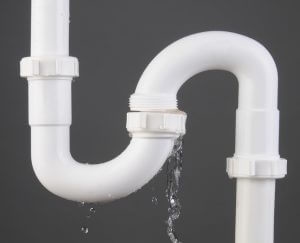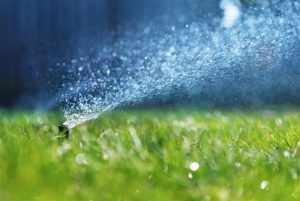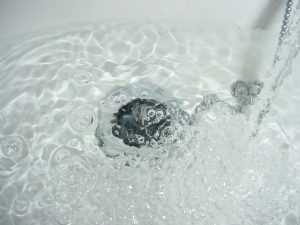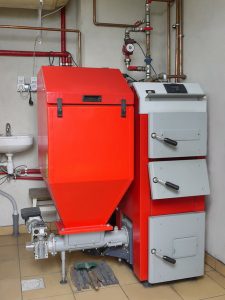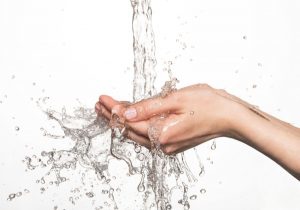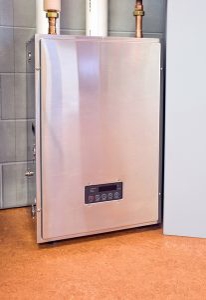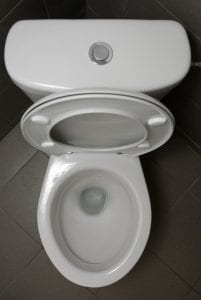Nobody wants to have a drain in their house that clogs up or drains so slowly that it’s leaving a few inches of water at the bottom of the shower. There are many reasons for slow drains and drain clogs, ranging from something as simple as an object that was accidentally knocked down the drain (or put down the drain in the case of small children in the house) to as extensive as damage in the sewer line that connects the home’s plumbing to the municipal sewer line.
If you’re going to be stuck with a clogged drain, you’d much rather it be something simple and easy to fix. But it’s important to be aware of the possibility of a major sewer issue. You’ll need plumbers to handle any sewer line trouble, and you may also need them to handle obstinate clogs. Let’s look closer at the signs of how bad a slow/clogged drain might be.
The basic plunger or drain snake solution
When you first encounter a drain that isn’t, well, draining, the first instinct may be to reach for a sink plunger or a hand-cranked drain snake. (Don’t, under any circumstance, reach for a chemical drain cleaner. These are damaging to drains.) If you do have a basic clog, these tools can often clear out the drain. If they can’t, or the clogs are reoccurring, you either have a much tougher clog or deeper problems in the drainage system.
More than one drain is slow/clogged
A major warning sign that a drain problem is bigger than basic clogs is if one or more are clogged at the same time. If the first drains that start to clog are located in the lowest parts of the house (such as in the basement), then you probably have a sewer line that is clogged up or possibly broken. Multiple drain clogs can also indicate trouble with blocked drain vents. No matter the case, this is something that needs the attention of a licensed professional plumber.
Bad odors from the drains
When a sewer line is clogged up with tree roots or debris, one of the early warnings of the trouble is a backup of sewer gas will start to waft up through the drains. So if your drains are not only clogged or slow but also emitting a horrible smell, we recommend getting a professional plumber on the job right away. Even if it isn’t the sewer line, you’ve got a major plumbing problem somewhere.
Drain cleaning for clogs
If you’re fortunate to only have standard clogs making trouble in your drainpipes, we still recommend calling for professional plumbers for drain cleaning. Plumbers can eliminate the toughest clogs without damaging the piping material, and the thorough cleaning process makes it less likely for clogs to return in the near future.
To arrange for drain cleaning and sewer line services in Bethesda, MD, talk to our plumbers. We have the best tools to get any job done, including trenchless technology to make sewer line repair and replacement fast and clean.
Schedule drain or sewer service: Mallick Plumbing & Heating is the Service Contractor of Choice for Maryland, Virginia, and the District of Columbia.

